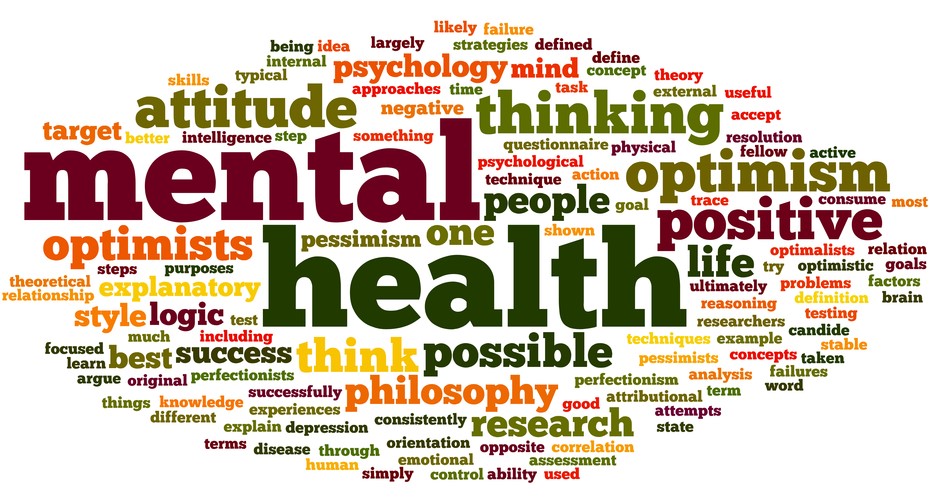Your Mental Health Journey

By: Jordan Warshafsky
“What lies before us and what lies behind us are small matters compared to what lies within us. And when you bring what is within out into the world, miracles happen.” – Henry David Thoreau
What lies behind us: A long, dark year of fighting a pandemic, economic meltdown, loss of loved ones, political unrest, a divided nation, and constant change.
What lies before us: Adapting to new ways of living and working, finding our way, juggling what protocol to drop and what to keep as part of our new normal.
What lies within us: Glimpses of hope, fostered by the arrival of Spring with its promises of new life. As we lay aside the harshness of the past year and stare down the fear of what lies ahead, we can turn to our inner strength and resilience, building up our mental health, readying ourselves to live in the present mindfully.
So, how do we bring what is within out? How do we build up our mental health and strength?
7 steps to mental strength and resilience
1. Begin with the basics: take care of yourself by eating right, sleeping right, and getting exercise. Taking care of yourself physically reduces stress, improves self-esteem, and builds a foundation for mental health.
- A healthy diet: Your brain functions best when it gets only premium fuel. Eating high-quality foods that contain lots of vitamins, minerals, and antioxidants nourishes your brain, promoting greater mental health. Filling your diet with whole grains, fresh fruits, vegetables, salmon and poultry, avocados, olive oil, nuts boost your brainpower and supply the vitamins and minerals your body needs for optimum health.
- Sleep: Getting enough sleep (8-hrs) boosts your immune system, strengthens your heart, and increases your productivity. It can improve your memory and your mood. Studies have shown that even partial sleep deprivation has a significant effect on mood. Unfortunately, sleep is one of the most commonly overlooked recovery tools.
- Exercise: Getting regular exercise can have a profound effect on depression, anxiety, and negative moods while improving self-esteem and cognitive function. It relieves stress levels, improves your memory, and helps you sleep better – all of which contribute to better mental health.
2. Get outdoors. Research shows that spending time in nature can increase energy levels, reduce depression and boost well-being. Take a brisk fifteen-minute walk during your lunch hour. Hike a local trail over the weekend. Sit on the porch with your furry friend. Walk around the block after supper.
3. Connect with people. According to Maslow’s hierarchy of needs, once physiological and safety needs are in place, all humans require love and a sense of belonging. Fulfilling this need through close, quality relationships is essential to mental health—plan regular activities with family, friends, and neighbors. Set up virtual gabfests with a group of friends. Hang out with your pet. Time with animals lowers the stress hormone – cortisol and boosts oxytocin, stimulating feelings of happiness. Connect with an online community group with similar interests.
4. Practice the art of gratitude. Keep a daily gratitude journal. Say thank you more often – to your significant other, your children, friends, co-workers, the cashier at Walmart, and anyone who does even a small favor.
5. Let go of negative weights. Have you been holding a grudge? Choose to forgive. Are you discontent? Give thanks for what you already have.
6. Meditate. Try deep breathing exercises. Be mindful in the moment. Incorporate a book of devotions into your day. There are multiple phone apps to help you. Close your eyes and smile, then focus on relaxing your body from head to toe.
7. Take a tech break. Spend time “off the grid.” While we need connection, we also need alone time, time for retrospect and reflection, letting go of negative weights, meditating, and experiencing gratitude.
Focusing on these seven principles will help you build your mental strength and resilience, which in turn, will help you bring out what lies within and create a miracle or two. Don’t be afraid to ask for help. Talking to others, sharing your journey, and listening to theirs will bring strength to both of you. If you need something more, connect with a therapist or find local low-cost resources.






